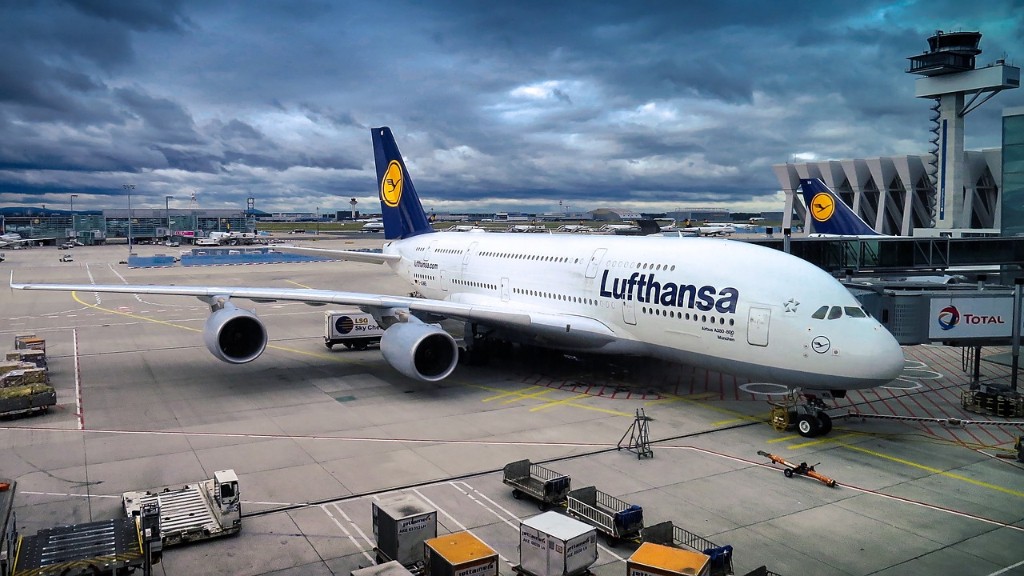Whether you’re a full-timer or a weekend warrior, you need to protect your travel trailer with insurance. After all, your trailer is likely one of your biggest investments. So, what does travel trailer insurance cover?
Most travel trailer insurance policies will cover the following:
-The structure of the trailer
-The contents inside the trailer
-Liability in case someone is injured while on your property
-Roadside assistance
Some policies will also cover (for an additional cost) things like:
-Fulltiming
– Replacement cost
– Towing
– Sewer and water backup
When you’re shopping for travel trailer insurance, be sure to ask about all the coverage options available to you. That way, you can tailor your policy to fit your needs – and have peace of mind knowing your investment is protected.
The vast majority of travel trailer insurance policies cover physical damage to the trailer itself. This can include protection from weather events, fire, theft, and collisions. Some policies also cover personal belongings that are inside the trailer, and may provide additional coverages for towing and emergency expenses.
What does full coverage insurance on a camper cover?
RV insurance helps protect you against drivers who don’t have liability insurance or lack the money to pay for injuries and damages they cause to you, your passengers or your RV. This includes damage from vandalism, theft, failing objects, fire, storms, floods and certain other natural disasters.
If you have a camper or trailer that you use for camping or traveling, it’s important to know that your homeowners insurance policy will not cover any damage that may occur to it while it is off your property. You will need to purchase a separate auto insurance policy with a rider to cover your travel trailer while it is in use.
What does comprehensive insurance on a travel trailer cover
Comprehensive coverage on your RV insurance policy will protect your vehicle in the event of theft, vandalism, fire, glass breakage, or weather-related incidents. Collision coverage will repair or replace your RV if it is damaged in an accident with another object or vehicle, regardless of fault.
If you’re considering financing a travel trailer, be aware that your lender will likely require you to purchase physical damage coverages as part of your insurance policy. This is to protect their investment in case the trailer is damaged or destroyed. While insurance is not required if you own the travel trailer outright, it’s still a good idea to carry coverage in case of an accident or other unforeseen event.
Does full coverage on camper cover water damage?
If you have full coverage insurance, your RV insurance will cover water leaks caused by a covered peril. Three common coverages that will protect against water leaks are comprehensive, collision, and personal effects replacement.
Full coverage insurance is a type of insurance that provides coverage for most scenarios. This includes damage to your car from the weather, an at-fault accident, hitting an animal or vandalism. It will even pay out the current value of your car if your vehicle is stolen. Full coverage insurance is not required, but it is a good idea to have if you are worried about any of the above scenarios.
Do you need extra insurance to tow a trailer?
A trailer or caravan is not a legal requirement to insure, but you should at least consider the extra level of cover to protect it against damage or theft. There are many different companies that offer this type of insurance, so make sure to shop around and get the best rate.
When you are towing something, there may be changes to your insurance coverage. Some policies will offer third-party cover for trailers and caravans, which will cover damage to the third party. Be sure to check your policy details to see what coverage you have while towing.
Is insurance on a travel trailer expensive
If you use your RV frequently, you can expect to pay more for insurance. Annual insurance premiums can range from $200 to $3,000, depending on how often you use your RV. Part-timers usually pay less than $1,000, while full-timers may pay as much as $2,000 to $3,000.
If your RV is damaged and the repair estimate is at least 75% of the cost of the RV, your insurance company will deem it a total loss. In this case, you will receive a payout from your insurance company that is equal to the current market value of your RV.
Does RV insurance cover electrical issues?
Motorhome breakdown insurance typically covers mechanical or electrical breakdowns. Coverage may vary by carrier and by policy, so it’s important to check with your insurer to see what’s included.
If you are considering RV insurance, be sure to check with the company about their policy implications for storm damage. General damage caused by storms, including wind and hail, is usually covered by RV insurance. However, any damage caused by leaving windows, doors, and vents open when the storm hits may not be covered.
Can a travel trailer be a tax deduction
If you’re thinking about buying an RV, you may be wondering if you can get a tax write-off for it. The answer is yes, you can deduct the cost of your RV on your taxes, regardless of how long you’ve owned it. New and used RVs are both eligible for tax deductions in many states. If your RV is your home, certain deductions may also apply. So if you’re looking to save some money on your taxes, an RV may be a good option for you.
If you have a box trailer or camper trailer, you may be able to insure it with a standalone trailer policy. This can provide coverage for third-party property damage and legal liability if your car insurance does not cover it.
How do I find out how much my RV is worth?
If you’re wondering how much your RV is worth, there are a few different ways to find out. One option is to check the NADA RV Value website, which gives ranges for RV sale prices based on manufacturer, model and model year. Another option is to check online marketplaces like eBay, Facebook Marketplace and Craigslist. Finally, you could also contact a professional appraisal company or your local RV dealer for more information.
If you have a roof that is damaged from an accident or severe weather, you may be covered by your insurance. However, if the damage is not obvious, you may have to provide more proof to get coverage.
Warp Up
Most travel trailer insurance policies will cover damages to the trailer itself, as well as any personal belongings that are inside the trailer at the time of the covered event. In some cases, the policy may also cover temporary living expenses if the trailer is damaged and uninhabitable.
In conclusion, travel trailer insurance covers a variety of things such as property damage, liability, and medical expenses. It is important to have this type of insurance if you are planning on taking your trailer on the road.





